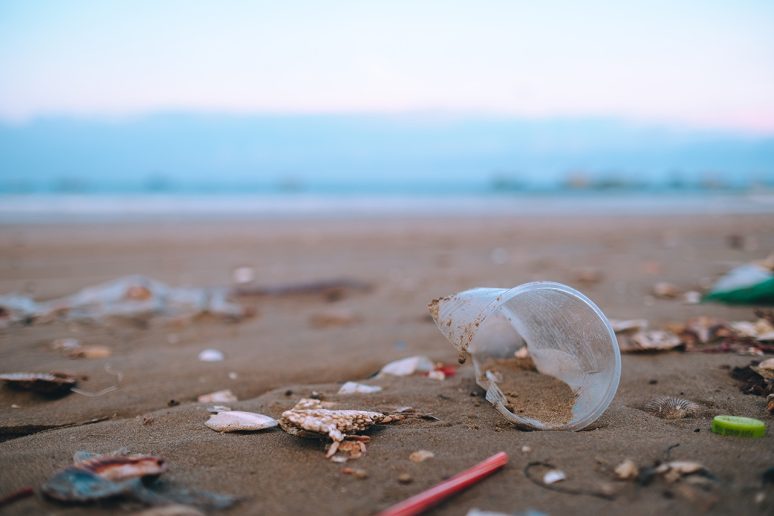MORNINGTON Peninsula beaches will be cleaned by hand instead of a mechanical rake for the next 12 months after July. The hand cleaning of peninsula beaches on Port Phillip will undergo a 12-month trial and cost about $733,000.
Beaches will no longer have the groomed look created by a mechanical rake, but they will retain seaweed and other natural organisms that contribute to a healthy environment.
Surveys have shown that mechanical cleaning, while being aesthetically pleasing, can leave behind broken bottles, shredded plastic and even hypodermic needles. The practice has also seen tonnes of seaweed taken to landfill instead of being left on the beach where it is an essential part of the environment.
Award winning beach cleaning campaigner Josie Jones OAM said hand cleaning beaches was “more effective” and would enable cleaners to reach “vegetation areas where oftentimes people will sit away from others and smoke or sit and eat” “A lot of littering happens within the vegetation area, including children playing and for me this is part of the beach and should be part of coastal cleaning,” she said.
Jones attended Mornington Peninsula Shire Council’s public meeting last week (Tuesday 5 March) and commended councillors for “understanding why there needs to be a change”. Councillors in turn praised Jones’s efforts to maintain beaches and retain their natural environment. “If the people employed are trained properly and do their job properly, then we should see the results,” Jones told The News.
“I estimate that this winter we will have litter appearing as we have two more months of peak season, along with council continuing to rake until the new contract in July. “It would’ve been great if it was an 18-months trial of hand cleaning because then we would’ve been able to compare the winters. “The second winter will be a clear sign that hand cleaning is working, and we have broken the pattern of monthly litter appearing on our beaches.” Jones said the hand cleaning team would have to collect litter and remove residual broken plastics.
The shire’s coastal planner, Hayden Forrest, recommended that councillors support a 12-month hand cleaning trial of 80 per cent of the shire’s bay beaches, with the mechanical rake still accounting for 20 per cent of beaches. He said using both cleaning methods would “cater for the strong recreational values associated with select beaches whilst also providing a better environmental outcome for majority of the Port Phillip Bay coastline”.
Cr David Gill said beaches had been raked “for 20 or 30 years or more”, with about 143 tonnes of rubbish taken from beaches to landfill each year. He said mechanical raking “doesn’t work” and was sometimes dangerous and should be replaced by “environmentally friendly hand cleaning that protects children from hidden dangers. “It removes habitat and kills or harms small creatures and breaks glass,” Gill said. He said hand cleaning would restore beaches to a more natural state. “We might set ourselves up as world leaders … as how to improve and clean beaches.”
Cr Sarah Race said organic matter taken to landfill emitted CO2. “The role of seaweed on a beach can’t be underestimated for animals, and coastal erosion, when looking at storm surges.” Cr Debra Mar compared looking at a well-groomed beach to an iceberg: “You don’t see what’s underneath – broken plastic, seaweed has broken bits of rubbish in it because of this. We need to break the cycle of mechanical raking.”
First published in the Mornington News – 12th March 2024




